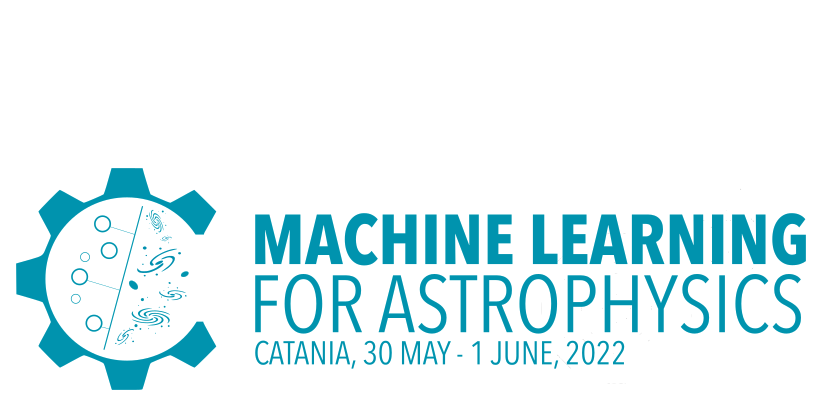Speaker
Description
The challenge facing astronomers in the upcoming decade is not only scientific, but also technological.
A flurry of complex data will be delivered by new telescopes such as SKA ant its precursors and pathfinders, Athena ecc. This data will be difficult to manage with traditional approaches. Data will have to be stored in dedicated facilities, providing the necessary capacity at the highest performance. Corresponding data processing will have to be performed local to the data, exploiting available high performance computing resources. Data reduction and imaging software tools will have to be adapted, if not completely re-designed, in order to efficiently run at scale. Fully automated pipelines will
be a compelling requirement for effective software stacks as the richness and complexity of incoming data will inhibit human interaction and supervision.
We have explored the potential of Machine Learning to process and analyse astrophysical data, addressing challenges like the identification and segmentation of low brightness extended sources in noisy images coming from simulated radio and X-ray observations and their denoising in order to extract interesting features with a minimum impact on their intrinsic brightness. Segmentation has been accomplished using a both a Convolutional Neural Network and a U-net based approaches, while denoising exploited a Convolutional Autoencoder methodology.
We present the usage of the different approaches and their effectivness in the repective tasks, highlighting advantages but also drawbacks and limitations. We also discussthe computational performance, addressing, in particular the usage of modern, hybrid HPC systems, in order to reduce the training time and to support larger datasets.

